Yakuza: Like a Dragon Review
The crime-thriller franchise is back with a new lead character and combat system
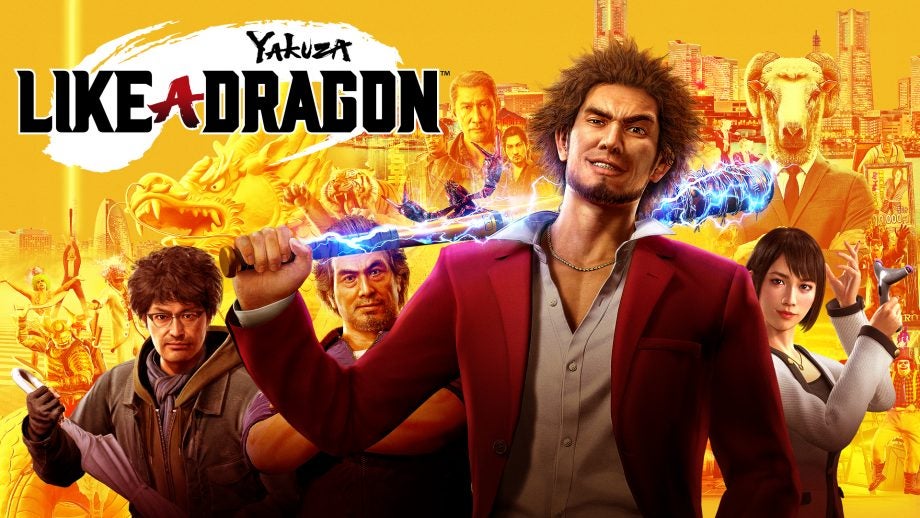

Verdict
Yakuza: Like a Dragon is a triumph, and Ryu Ga Gotoku Studio should be commended for redefining such a seasoned franchise, despite the backlash it might have received. Leaving Kazuma Kiryu behind hasn’t been easy, but Ichiban Kasuga and company have crafted a compelling path into the future that I cannot wait to see continue.
Pros
- Ichiban Kasuga is a brilliant and relatable new protagonist
- Turn-based combat system is filled with depth and customisation
- Special attacks are wonderfully absurd and satisfying
- Exploring Yokohoma and Kamurocho is a rewarding delight
Cons
- Some elements of the Yakuza experience can feel archaic in 2020
- Camera can become a nuisance in more crowded battles
Key Specifications
- Review Price: £49.99
- Developer: Ryu Ga Gotoku Studio
- Platforms: PS4, PS5, Xbox One, Xbox Series S/X, PC
- Release Date: November 10, 2020
- Genre: Action RPG
I’d confidently label myself a Yakuza hipster. I was playing the franchise back when it first emerged on the PS2, and lived through the dark days of Dead Souls. It was an age when Sega failed to acknowledge the franchise outside of Japan, fearing mediocre sales and the idea that it was far too Japanese to resonate with the West.
Since the release of Yakuza 0, this perception has completely transformed, and now Kazuma Kiryu’s beloved open-world beat-’em-up is a jewel in Sega’s crown. It’s become such a juggernaut that the seventh instalment is a flagship launch title for the Xbox Series X. It’s been optimised to push the platform forward and demonstrate what the series will be capable of on next-generation consoles.
Unfortunately, I can’t talk about that side of things today, but I can delve into what is a fantastic role-playing adventure, one that boldly redefines the identity of a franchise that’s stubbornly stuck by its conventions for more than 15 years. Kazuma Kiryu’s fable is over, and the torch has been confidently passed over to a new hero who’s more than capable of shouldering the expectations that come with such a role.
While it’s a startling reinvention of the series’ formula in so many ways, Yakuza: Like a Dragon remains a brilliant RPG with a thrilling story, lovable characters and so much to do across its semi-realistic depiction of Japan. It still stumbles into archaic bad habits at times, but these are rare shortcomings in an otherwise stellar package.
Related: Best Xbox Series X Games
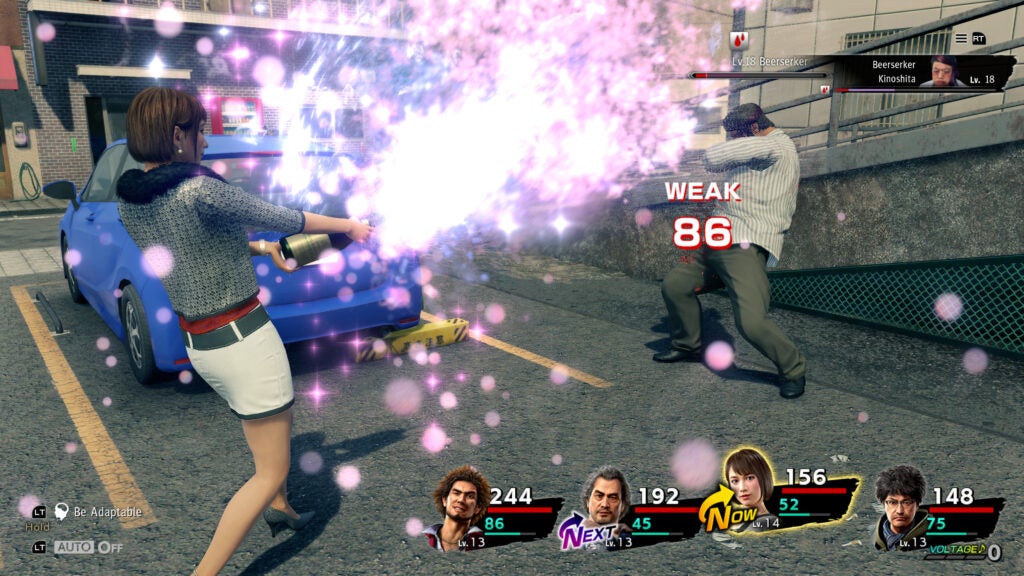
Ichiban Kasuga grew up without a family, left on the doorstep of a brothel and raised by sex workers in an environment that was anything but suitable for a young child. But despite their morally dubious occupations, the people of Tokyo’s Red Light District always look after their own, leading Kasuga to grow up into a passionate young man with a willingness to work hard and always do the right thing.
Sadly, the lack of a father figure leads him into the arms of the Arakawa family, a small Yakuza stronghold made up of determined yet ultimately useless members. They’re small-time crooks, yet Kasuga sees something in the family’s patriarch: Masumi Arakawa. The disgruntled crime boss takes our protagonist under his wing, treating him with a soft touch. However, it’s possible this kindness is simply a ruse to toy with Kasuga’s own naive innocence.
This is where our story begins. Kasuga is a low-level Yakuza collecting debts and roaming the streets of Kamurocho in service of his family, willing to do anything so long as it abides by his moral code. Like a Dragon’s opening hours do a wonderful job of fleshing out Kasuga’s character, and how his kind and honest personality quirks perhaps aren’t fit for a life of crime. Before any such revelation can take place, he’s asked to take the blame for a murder he didn’t commit, earning him 18 lonely years in prison.
Related: Watch Dogs Legion Review
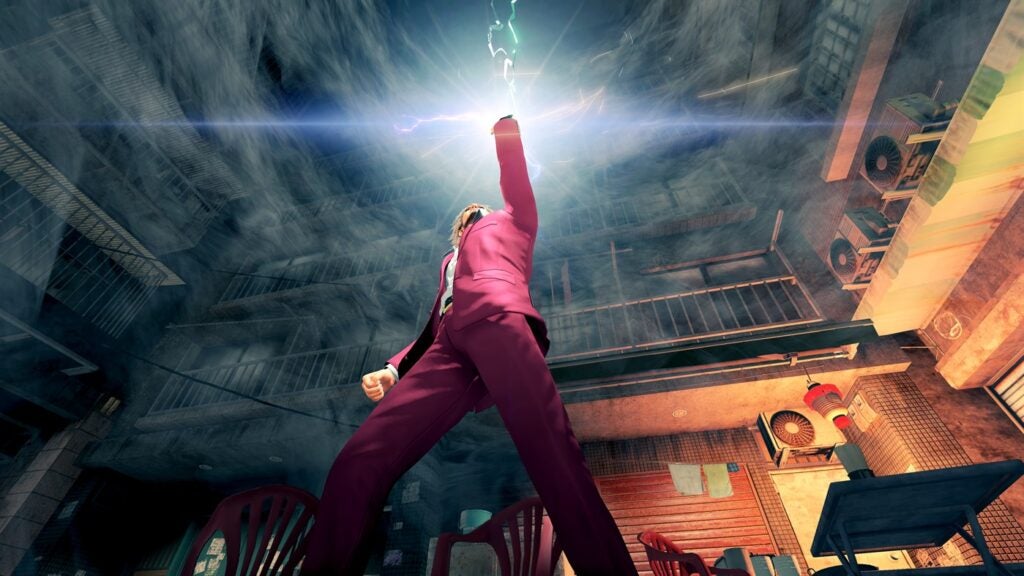
Upon emerging in 2019, Kasuga is firmly rejected by his former mentor. When seeking reunion he’s shot and left for dead, awakening in the city of Yokohama and left to piece together the broken life he once had. We’re lost alongside him, keen to uncover the truth behind such betrayal and how it ties into the wider criminal underworld. It’s a sharply executed set-up, establishing our new hero without leaving behind thematic elements that have defined the franchise for years.
Like a Dragon is a turn-based RPG, abandoning the melee combat that occupy countless other entries in favour of a subversive new direction. It’s fitting that the creators would want to pursue a new genre to fit their new protagonist, who sees himself as a real-life version of the lofty heroes in Dragon Quest. While I had many doubts jumping into things, it only took a few short battles to realise that Yakuza was still every bit as wacky and melodramatic as I remembered.
Your small party of lovable rogues is able to select from a variety of different jobs, which bring with them unique skills, outfits and abilities. Such jobs are even earned from a recruitment centre, with Kasuga having the option to sit vocational exams to further hone his knowledge both inside and outside of combat. Battles occur much like they did in past entries as part of quests, or while roaming the troublesome streets of Yokohama. Luckily, I was always up for a round of fisticuffs.
Related: PS5 vs Xbox Series X
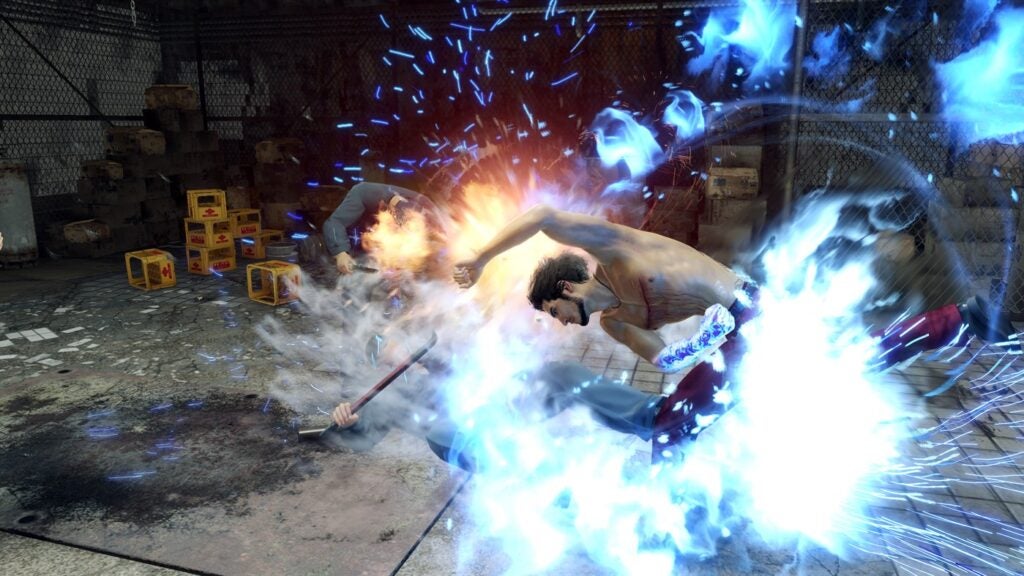
Moves range from standard attacks to outlandish combos, where you and your friends will devastate foes with some superbly bizarre strikes. You can even call upon friends to do your bidding, which can range from diaper-donning man babies to actual crabs that pinch your opponents to death. It’s positively absurd, and nails the tonal whiplash that Yakuza has prided itself on for years.
Obviously, you’ll also need to employ buffs and healing items to stay alive, since roaming into deadlier parts of Yokohama is a recipe for disaster. The camera can be a nuisance in more claustrophobic areas, with allies finding themselves caught on terrain while trying to perform an attack. These are clear teething issues for such a genre departure, so they’re forgivable.
Levelling up your party and watching them embrace new roles is a delight, partly because each new major stepping stone of progression rewards you with more absurd abilities to perform. Heat Actions might have been abandoned, but in their place is an uncompromising selection of beautifully implemented jobs and classes. I adore it, regardless of a few warts that surfaced along the way.
The battle system might be filled with depth and customisation, but the real meat comes from bonding with your party members during downtime. Kasuga and his homies gather in a quaint little pub to drink their sorrows away and reminisce about the past, while also looking forward at the small glimmers of hope that await them in the future. You can even partake in a spot of spontaneous karaoke.
Related: Breath of the Wild 2
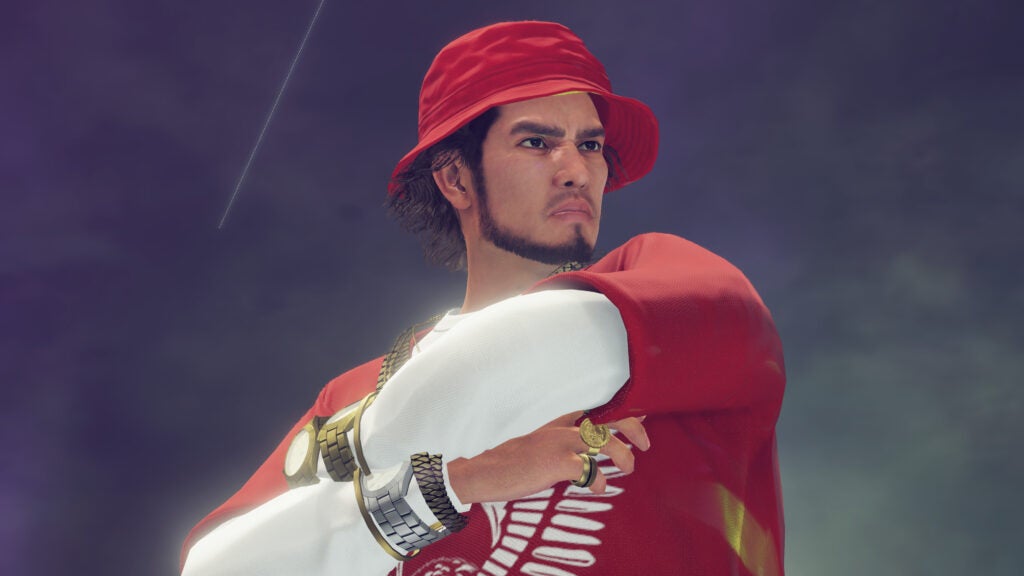
Small character moments with your party members is where the storytelling in Like a Dragon really comes alive, partly because the individuals you travel with are so fascinating. Yu Nanba is a former nurse who finds himself homeless after his life fell apart. Piecing together the events that led to such dire circumstances surfaces some bittersweet moments of chatter in which I was utterly engrossed.
There’s also Koichi Adachi, a crooked cop who was booted from the force mere days before retirement. Putting aside his unusual past, he’s a lonely man who has trouble opening up to people, so watching as he slowly comes to recognise Kasuga and company as a second family is genuinely heart-warming. Our hero’s determined yet caring attitude towards life is the ideal salve to many of the people he encounters, willing to spur them on with confidence, even if it means acting a bit foolish in the process.
Like a Dragon also goes some way to repair the series’ problematic relationship with women, where they’re oftentimes treated like objects or damsels in distress for male characters to swoop in and save. This is largely thanks to Saeko Mukouda, who is the first playable female character in the series aside from Haruka Sawamura.
She’s a no-nonsense hostess who wants to rid Yokohama of its criminal ties, even if it means getting her pristine hands dirty. Some of her skills still lean towards sexualisation, but this is countered by a narrative arc filled with so many dramatic layers worth unfolding. I feel we’re still years away from a female character leading the charge for Yakuza, but I don’t think it’s an impossibility.
Related: Upcoming PS4 Games
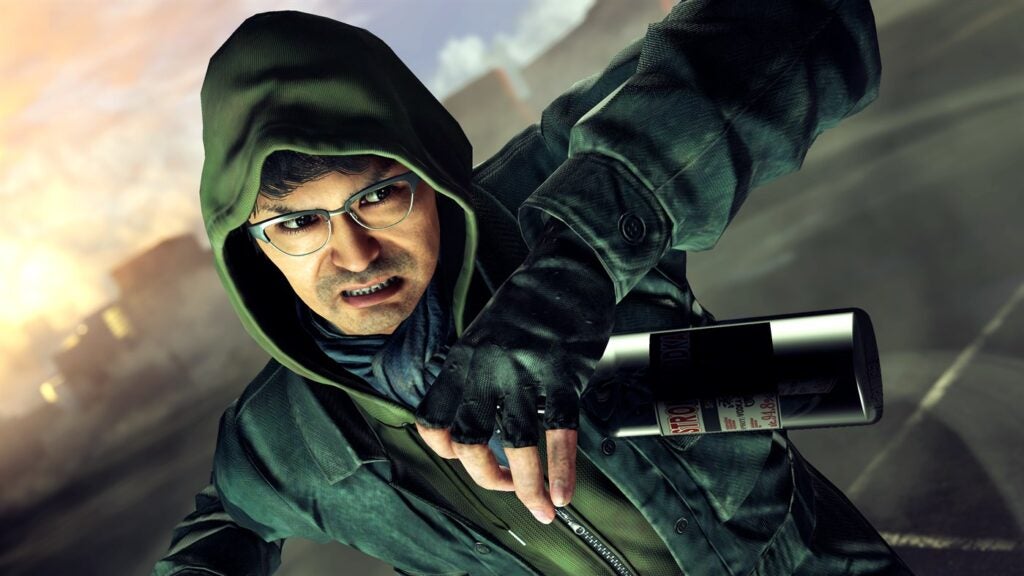
Like a Dragon wouldn’t be a Yakuza title if the world wasn’t filled with unusual side activities in which you can lose yourself, and this entry is no exception. In fact, it’s arguably the strangest of the bunch when it comes to hurling Kasuga into some wildly unpredictable situations. You can watch old films in the cinema and battle off sheep in a rhythm-esque mini-game to avoid falling asleep, or even take to the streets in rubber-burning karts to prove you’re the best racer in Yokohama.
Many of these optional excursions contain their own distinct characters and plot threads, which are all an equal mixture of ridiculous and touching. Like a Dragon walks a line of tonal perfection when it comes to pairing together its rather serious main narrative and the silly distractions that occupy the periphery – and I wouldn’t have it any other way. Those after a departure from the usual open-world affair will be swept off their feet by Like a Dragon.
Verdict
Yakuza: Like a Dragon is a triumph, and Ryu Ga Gotoku Studio should be commended for redefining such a seasoned franchise, despite the backlash it might have received. Leaving Kazuma Kiryu behind hasn’t been easy, but Ichiban Kasuga and company have crafted a compelling path into the future that I cannot wait to see continue.


